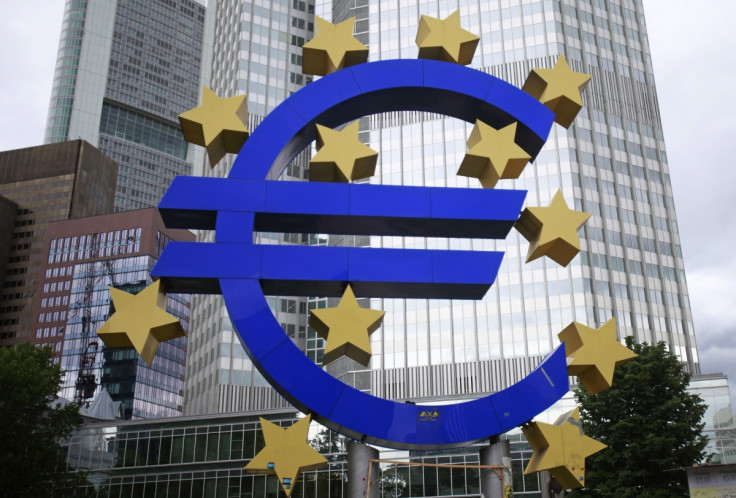German Economists Call for €100bn Eurozone Investment Fund

European authorities should form a region-wide investment fund as public and private investments in the region are not enough to fuel growth, according to the German Institute for Economic Research.
Der Spiegel reported that the German Institute for Economic Research (DIW) proposed the formation of an EU-wide investment fund after a study on how Europe might be able to mobilise investments.
"We need an impulse to trigger growth in the crisis countries and to prevent the return of recession in the eurozone," DIW head Marcel Fratzscher was quoted as saying.
DIW economists earlier found that gross fixed capital formation – a macroeconomic measure of investment – has declined by 14% in the EU since the beginning of the financial crisis.
DIW noted that increasing public expenditure is not a sound strategy to address the adverse situation. Instead, Europe should focus on increasing private investments.
"One of Europe's biggest weaknesses is the lack of private investments," said Fratzscher.
"We have to close the gap by way of a European investment agenda."
The DIW study found that many European countries have fallen short on private and public investment, with Ireland and the Netherlands having the biggest gaps. Taken together, the eurozone's investment gap is 2% of gross domestic product (GDP), or around €200bn ($274bn, £160bn) annually.
Germany's gap between 2010 and 2012 averaged out at 3.7% of GDP. Its firms would have to spend an additional €80bn per year to improve its growth perspectives, according to the study.
The situation is primarily attributed to the ongoing uncertainty about economic developments in the region. While many banks refused to hand out loans for investments, states withheld investments fearing they would breach the Stability Pact – which outlined maximum limit for government deficit and debt among the EU nations.
In order to address the problem, the institute proposed the creation of a temporary European investment fund to make money available to companies in need of investment loans.
"The fund should work with neither regional nor sector-related restrictions," the report says. Instead, it is intended to boost productive private investment "irrespective of the EU country".
DIW envisions that the new fund worth at least €100bn would be administered by the European Investment Bank's European Investment Fund (EIF), which currently distributes venture capital to small and mid-sized financial institutions.
© Copyright IBTimes 2025. All rights reserved.






















